Reading Dante in Renaissance Italy: Florence, Venice and the 'Divine Poet'
Simon Gilson's new volume provides the first in-depth account of the critical and editorial reception in Renaissance Italy, particularly Florence, Venice and Padua, of the work of Dante Alighieri (1265–1321). Gilson investigates a range of textual frameworks and related contexts that influenced the way in which Dante's work was produced and circulated, from editing and translation to commentaries, criticism and public lectures. In so doing he modifies the received notion that Dante and his work were eclipsed during the Renaissance. Central themes of investigation include the contestation of Dante's authority as a 'classic' writer and the various forms of attack and defence employed by his detractors and partisans. The book pays close attention not only to the Divine Comedy but also to the Convivio and other of Dante's writings, and explores the ways in which the reception of these works was affected by contemporary developments in philology, literary theory, philosophy, theology, science and printing.
{{comment.content}}
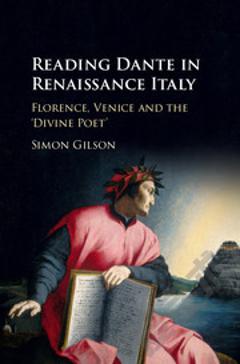

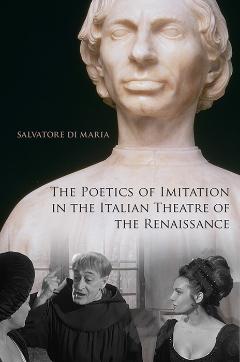
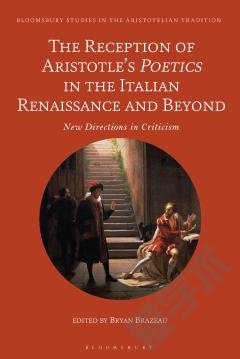

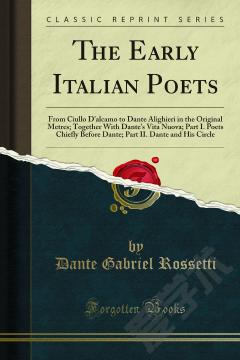
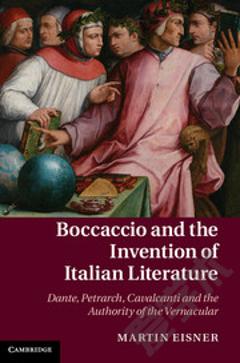

 京公网安备 11010802027623号
京公网安备 11010802027623号